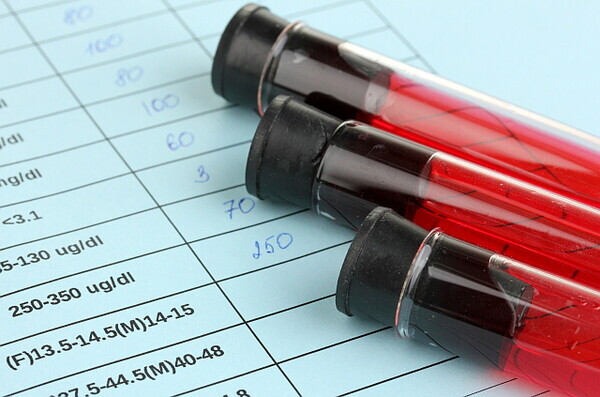
Seoul, South Korea – Researchers at Cha University of Medicine and Science have discovered a potential breakthrough in the early detection of neurodegenerative diseases like Alzheimer’s and Parkinson’s. Their findings, published in the journal Science Advances, highlight the role of a protein called APLP1 (Amyloid precursor-like protein 1) as a key biomarker for these conditions.
Biomarkers are biological indicators that can be used to assess an individual's health status. By examining substances such as cells, genes, or proteins, doctors can identify changes associated with diseases. In this study, the research team focused on APLP1, a protein found primarily in the brain.
Specifically, the researchers found that APLP1 is present in extracellular vesicles (EVs) released from the brain into the bloodstream. These brain-derived EVs (BDEVs) can be isolated from blood samples and analyzed for the presence of APLP1. By selectively isolating BDEVs, researchers can monitor changes in the brain over time without the need for invasive procedures like brain scans.
“Our findings suggest that by regularly monitoring APLP1 levels in BDEVs, we can detect early signs of neurodegenerative diseases,” said lead researcher Professor Ji-Suk Moon. “This approach could revolutionize the way we diagnose and manage these conditions.”
To validate their findings, the researchers compared APLP1 levels in blood samples from patients with glioblastoma, an aggressive type of brain tumor, to those from healthy individuals. They found that APLP1 levels were significantly higher in patients with glioblastoma, indicating that APLP1 could be a useful biomarker for this disease as well.
The ability to detect neurodegenerative diseases at an earlier stage could lead to more effective treatments and improved patient outcomes. “Our goal is to develop a platform for research into the prevention, early diagnosis, and treatment of neurodegenerative diseases,” said Professor Moon. “We believe that our findings will have a significant impact on the field of neurology and will ultimately improve the lives of patients.”
[Copyright (c) Global Economic Times. All Rights Reserved.]





























